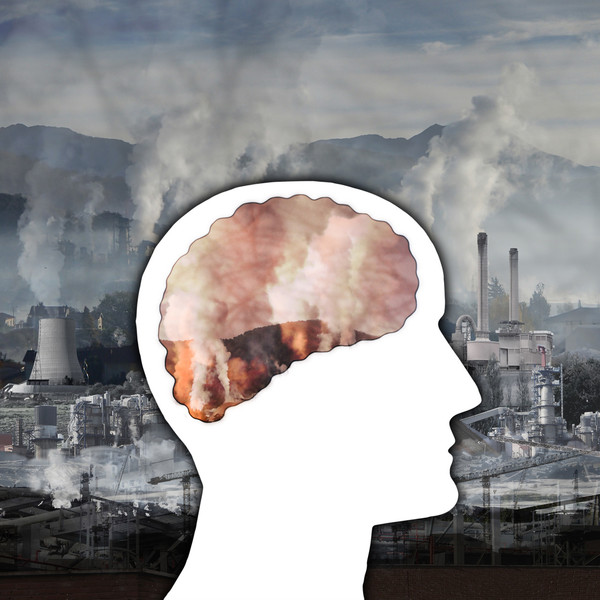Researchers in Korea said they proved that long-term exposure to fine dust increases the risk of cancer cell metastasis through increased heparin-binding EGF-like growth factor (HBEGF) expression in macrophages.

A report from the Energy Policy Institute at the University of Chicago (EPIC) states that air pollution, including fine dust, reduces human life expectancy by 2.2 years on average. Specifically, air pollution poses a greater threat to life expectancy than smoking (1.9 years), drinking and drugs (9 months), AIDS (4 months), and war (7 months).
Additionally, the International Agency for Research on Cancer (IARC) classifies fine dust as a first-tier carcinogen. However, previous research analyzing fine dust effects insufficiently described the phenomenon in the body.
Accordingly, the research team, led by Professor Park Young-jun of Environmental Disease Research at the Korea Research Institute of Bioscience and Biotechnology (KRIBB), simulated a polluted environment and analyzed changes when lung macrophages were exposed to fine dust.
Overall, the researchers found that when macrophages were stimulated by fine dust, it enhanced the expression of HBEGF in macrophages. Consequently, this induced epithelial-to-mesenchymal transition (EMT) in cancer cells, thus increasing metastasis.
The results were demonstrated in animal experiments through mice. Exposure of mice with lung cancer to the fine dust environment increased the metastasis of cancer. When administered with HBEGF inhibitors, the researchers found that the metastasis was reduced.
"The study revealed that fine dust can be involved in cancer metastasis and that macrophages create an advantageous environment for cancer metastatic growth," said Professor Park. "We hope this study will draw attention to the harmfulness of fine dust and contribute to strengthening the response to suppress fine dust occurrence."
The study was published in November in Nature, Experimental & Molecular Medicine.

